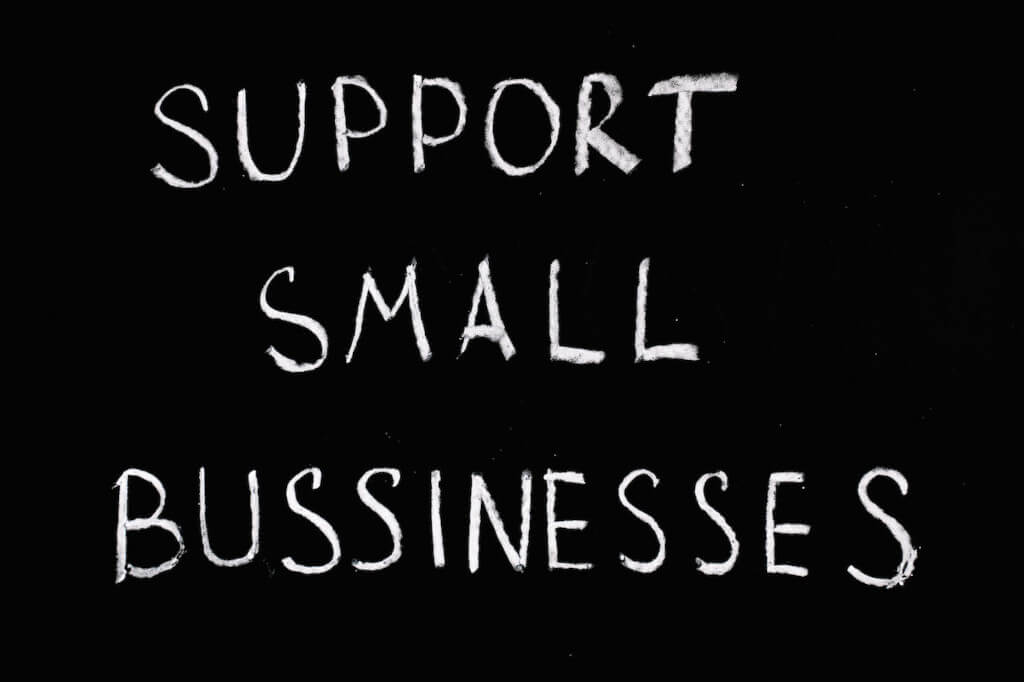The gig economy is and will persist to be, the standard for many individuals operating in the production industry. And it’s only expanding beyond the realm of showbiz. Because of the pandemic, more individuals than ever are seeking employment in non-traditional settings, and we’re curious about the best ways to thrive in this brave new economy.
We need to know what the gig economy is and where it’s going so that we can prepare ourselves for the future. You’ve found the right place if you’re an employee interested in learning more or a company curious about how it can increase your company’s success. The best way to understand this is to dissect it
How Has the Nature of the Workplace Shifted?
People no longer spend their entire working careers in the employ of a single company. Working for a single company isn’t seen as a benefit by all professionals anymore. Particularly if leaving the firm for a better one will net you a higher salary increase than staying there. While it’s true that low turnover is something every business strives for, it’s also true that cutting down on the number of full-time workers can have a positive impact on the bottom line. When there are fewer workers, there is less money to go around for benefits.
With that in mind, the production industry has traditionally been a stronghold of the gig economy, with crew members frequently switching jobs. The essence of the production world remains central to what it means to be employed in the gig economy, despite early legal changes that have resulted in some contract employees being recategorized as employees.
However, after the Great Recession, other sectors began adopting production industry standards. For instance, we’ve all seen how the tech industry has expanded over the past decade or more, necessitating new types of expertise. It’s also worth noting the widespread desire among professionals of all stripes for more control over their work schedules. This gave rise to the modern “gig” economy.
Just What is the “Gig Economy”?
In the gig economy, people get paid to complete specific tasks. Indeed, task-based labor has always existed, so the concept of gig work is not novel. The term “self-employed economy” or “seasonal employment” could have been more prevalent in the past.
Schedule-negotiable or Temporary Work Opportunities
Individuals who work as “gig workers” typically set their hours and can be hired for as little as one hour or as long as several weeks. They could, of course, work as an Uber driver or a freelance programmer from Monday through Friday and call that a “full-time” schedule. One of the main attractions of being a gig worker is having the flexibility to work whenever and however often one pleases. A gaffer or production manager, for example, may not have much say over their call times, but their employment is still only temporary.
There Will Be a Focus on Individual Projects
Work in the gig economy is not the same thing as independent consultant work. When people can’t set their hours (among other reasons), it’s easier to classify them as employees instead of independent contractors. However, they are still participating in the gig economy because their work is project-based.
Employees Whose Skills or Responsibilities Fit a Narrow Profile
Carpool drivers transport passengers from one location to another. Independent web developers are not expected to double as content creators for the sites they build. To sum up, the foundation of the “gig economy” is workers carrying out highly specialized tasks in exchange for payment. As was just mentioned, it is now possible to hold down a traditional 9-to-5 job while also taking part in the gig economy. There are many different types of projects that an agency producer may be tasked with working on, and they may be paid hourly or on a salary.
These elements are what give the “gig economy” its significance. In a nutshell, it is best defined by analyzing the tasks involved. What is the duration of this? Can it adapt to different situations? Does it hinge largely on one specific activity? If you answered “yes” to any of these questions, you may be describing a job in the “gig economy.”
Companies Are as Likely to Join the Gig Economy as Workers or Freelancers
In light of the foregoing, it may serve them well to employ people on a particular project. As much as a third of the working population participates in the gig economy in some capacity; however, many of your friends, neighbors, and cohabitants are likely already flourishing in the gig economy, irrespective of whether you’re an employee, contractor, or employer.
To What Extent Do People Earn a Living in the “Gig Economy?”
Now that we agree on what the gig economy is, what are gig jobs? Describe the trade of “gig work.” Included in the new gig economy are production work, ridesharing, and even food delivery. Some common examples of gig work are:
- A professor who teaches only occasionally is called an adjunct.
- Professionals in the field of computer programming and information technology
- Engineer or work in construction
- Independent authors
- Designer of Video Games
- Talk to a Mortgage Rep.
- Professional Merchandiser of Goods on the Internet
- Managerial Pharmacist
- Film Production Coordinators
- Digital helper and more
- Production expert Food courier Rideshare driver
The answer to the question “What is gig work?” can involve a wide range of professions, from IT to higher ed to administration, but they all share the characteristics of being temporary, contract-based positions characterized by a narrow set of duties.
For What Advantages Does One Opt Into the Gig Economy?
What impact does the rise of the gig economy have on the way we work?
In Other Words, More Money
The primary function of the gig economy is to create financial value. Sometimes that means instead of regular, full-time work that might pay more. Gig work isn’t always replacing traditional employment; in fact, it’s often creating new full-time positions. In this light, consider. Someone could live solely off of the proceeds from their Etsy sales, but it’s more likely that they have another source of income and are just supplementing it with their craft sales. Increased wealth for everyone.
Better Job Options
Workers and employers alike may benefit from the increased flexibility brought about by the gig economy. It’s an opportunity for workers to try out a new line of work, whether or not it leads to a permanent position. They don’t have to give up the stability of their regular job to pursue their passion on the side; they can do it when they have free time, like in the evenings, on weekends, or on holidays. It would be ideal if it became successful enough to replace their current employment, but it would still be beneficial regardless of the outcome.
For businesses, this arrangement provides a way to get the help they need for a limited time without taking on the long-term financial and legal obligations that come with hiring full-time staff. Additionally, as more people join the gig economy, there will be a larger pool of available gig workers from which businesses can choose.
Professionals across the globe, especially in South Africa, are seeking innovative solutions to adapt and thrive. The Easy Sales Blueprint™ 4-month Program is available for you. Designed to cater to the ambitious entrepreneurs navigating the gig economy, this transformative online program serves as a guiding compass. Whether you’re an IT professional, an adjunct professor, or an independent writer diving into the vast realm of gig work, The Easy Sales Blueprint™ equips you with the strategies to elevate your brand, amplify your income, and position yourself as a sought-after authority in your niche.
If you’re aiming to seamlessly merge the stability of traditional employment with the flexibility of the gig world, this program is your golden ticket. It’s been hailed as a game-changer for many, and now, it’s your turn to reap the benefits. Dive deeper into this innovative solution and discover how it can revolutionize your income streams by visiting The Easy Sales Blueprint.
Better Opportunities for Independence in the Workplace
Everyone benefits from the freedom and adaptability of the gig economy. A side hustle is something that a gig worker can work on their terms, as discussed. In a similar vein, an organisation can hire them only when necessary. Both employees and employers who value autonomy in the workplace will find this an attractive proposition.




